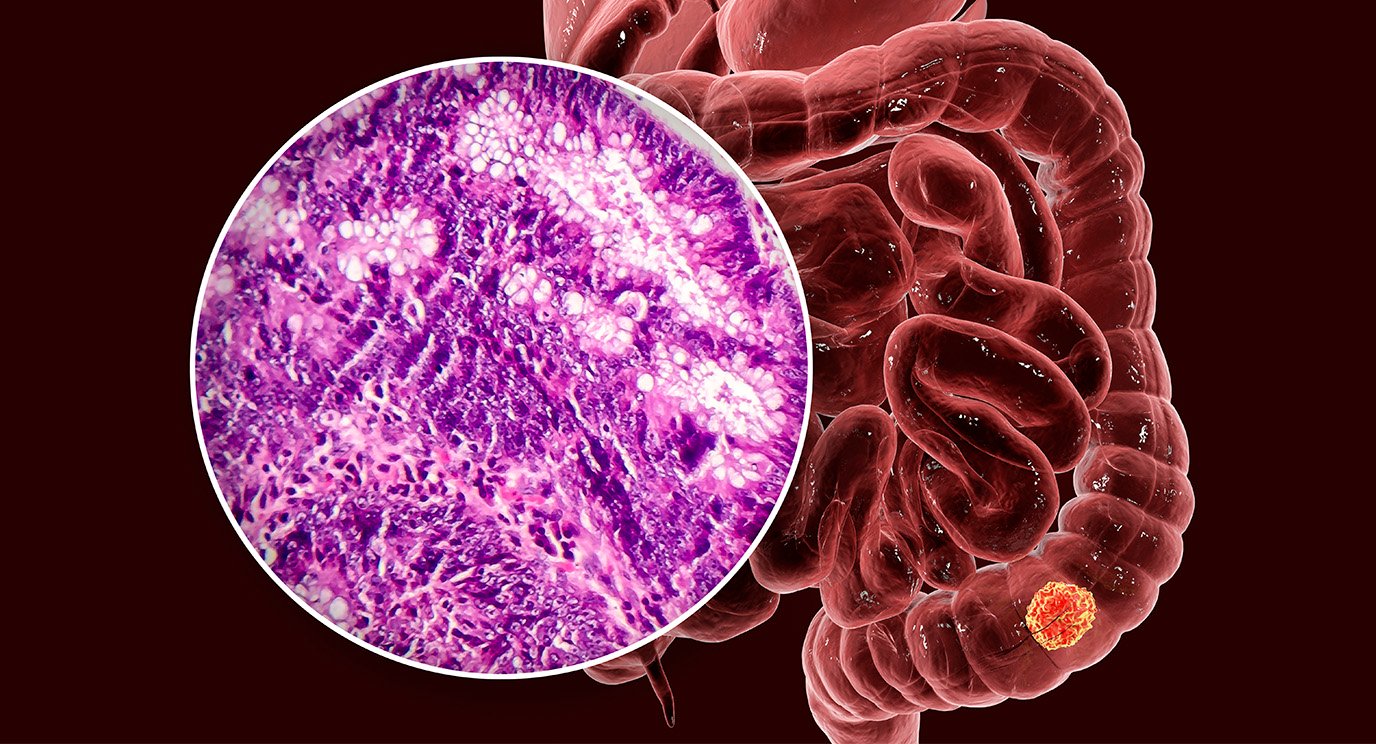- Diseases
- Acoustic Neuroma (14)
- Adrenal Gland Tumor (24)
- Anal Cancer (68)
- Anemia (2)
- Appendix Cancer (16)
- Bile Duct Cancer (26)
- Bladder Cancer (72)
- Brain Metastases (28)
- Brain Tumor (232)
- Breast Cancer (714)
- Breast Implant-Associated Anaplastic Large Cell Lymphoma (2)
- Cancer of Unknown Primary (4)
- Carcinoid Tumor (8)
- Cervical Cancer (158)
- Colon Cancer (166)
- Colorectal Cancer (116)
- Endocrine Tumor (4)
- Esophageal Cancer (44)
- Eye Cancer (36)
- Fallopian Tube Cancer (8)
- Germ Cell Tumor (4)
- Gestational Trophoblastic Disease (2)
- Head and Neck Cancer (12)
- Kidney Cancer (128)
- Leukemia (340)
- Liver Cancer (50)
- Lung Cancer (286)
- Lymphoma (278)
- Mesothelioma (14)
- Metastasis (30)
- Multiple Myeloma (100)
- Myelodysplastic Syndrome (60)
- Myeloproliferative Neoplasm (4)
- Neuroendocrine Tumors (16)
- Oral Cancer (100)
- Ovarian Cancer (172)
- Pancreatic Cancer (160)
- Parathyroid Disease (2)
- Penile Cancer (14)
- Pituitary Tumor (6)
- Prostate Cancer (146)
- Rectal Cancer (58)
- Renal Medullary Carcinoma (6)
- Salivary Gland Cancer (14)
- Sarcoma (238)
- Skin Cancer (294)
- Skull Base Tumors (56)
- Spinal Tumor (12)
- Stomach Cancer (64)
- Testicular Cancer (28)
- Throat Cancer (92)
- Thymoma (6)
- Thyroid Cancer (96)
- Tonsil Cancer (30)
- Uterine Cancer (80)
- Vaginal Cancer (16)
- Vulvar Cancer (20)
- Cancer Topic
- Adolescent and Young Adult Cancer Issues (20)
- Advance Care Planning (10)
- Biostatistics (2)
- Blood Donation (18)
- Bone Health (8)
- COVID-19 (362)
- Cancer Recurrence (120)
- Childhood Cancer Issues (120)
- Clinical Trials (630)
- Complementary Integrative Medicine (22)
- Cytogenetics (2)
- DNA Methylation (4)
- Diagnosis (232)
- Epigenetics (6)
- Fertility (62)
- Follow-up Guidelines (2)
- Health Disparities (14)
- Hereditary Cancer Syndromes (126)
- Immunology (18)
- Li-Fraumeni Syndrome (8)
- Mental Health (116)
- Molecular Diagnostics (8)
- Pain Management (62)
- Palliative Care (8)
- Pathology (10)
- Physical Therapy (18)
- Pregnancy (18)
- Prevention (912)
- Research (392)
- Second Opinion (74)
- Sexuality (16)
- Side Effects (604)
- Sleep Disorders (10)
- Stem Cell Transplantation Cellular Therapy (216)
- Support (402)
- Survivorship (320)
- Symptoms (182)
- Treatment (1786)
Facing five cancer diagnoses in four years
3 minute read | Published October 27, 2021
Medically Reviewed | Last reviewed by an MD Anderson Cancer Center medical professional on October 27, 2021
Five-time cancer survivor Robert Clark has been through a lot in the past few years. But he believes firmly in two things: maintaining a positive attitude and his care teams at MD Anderson.
"I've gone through a whole lot, but I'm in pretty good shape right now," says Robert, crediting his care team. "The benefit of a team approach is evident in how you're cared for as a whole person. I don't think you can get better service anywhere."
First diagnosis: papillary thyroid cancer
In November 2012, Robert noticed a lump on his neck while shaving one morning. When the lump didn’t go away, he assumed it was due to previous sinus problems. When his family doctor insisted that Robert get the lump looked at, that’s when he found out he had stage IV papillary thyroid cancer.
Robert’s brother-in-law, a retired radiation oncologist, urged him to call MD Anderson. He met with head and neck surgeon Mark Zafereo, M.D., who confirmed Robert’s diagnosis and recommended surgery, followed by radiation therapy.
In early 2013, Zafereo performed the 11-hour surgery to remove the cancer, which included the removal and reconstruction of Robert’s windpipe, along with 20 lymph nodes, 20 of which were cancerous. Robert finished radiation therapy under the care of Shalin Shah, M.D., a few months later.
Melanoma and esophageal cancer diagnoses follow quickly
Not long after that, a stage III melanoma was found on Robert’s ear. He had complained of a sore spot that would bleed occasionally and never seemed to heal. Zafereo performed surgery to remove the melanoma and some surrounding lymph nodes in Robert’s neck. He was once again cancer-free.
During one of his follow-up visits at MD Anderson, scans revealed Robert had esophageal cancer. After undergoing chemotherapy and four rounds of radiation therapy, he completed treatment in 2015.
A colorectal cancer diagnosis, then more skin cancer
Before the year was over, he was diagnosed with stage III colorectal cancer after occasionally noticing blood in his stool. Under the care of Miguel Rodriguez-Bigas, M.D., Robert received both radiation therapy and the chemotherapy drug capecitabine concurrently for about six weeks. This put the cancer in remission, but a year later, the cancer returned. Rodriguez-Bigas performed surgery to remove the cancer and place a temporary ileostomy, which diverts part of the colon, the ileum, to an artificial opening on the abdomen.
The next year, Robert’s melanoma on his ear returned. During the examination of the melanoma, a new skin cancer – specifically basal cell carcinoma – was also discovered on his nose. Zafereo removed both skin cancers, and Robert has been cancer-free since then.
Gratitude for care closer to home
Through all of his treatments, Robert has been grateful to be able to receive some of his care at MD Anderson in Sugar Land, which is close to his home. He undergoes regular thyroid ultrasounds there, in addition to seeing dermatologist Saira George, M.D., every six months for follow-up visits.
“The accessibility of MD Anderson is wonderful,” says Robert. “With campuses all over the Houston area, it makes cancer treatment a lot more convenient and comfortable when you’re closer to home.”
Robert says hearing the experiences of former patients he has met at MD Anderson in Sugar Land has brought him so much comfort.
By sharing his story and positivity, he hopes to do the same for others.
“My best advice is to keep a positive attitude. That’s helped me more than anything. Because if you’re positive, the people who are working on you, the nurses and doctors, they have a positive reaction to you,” says Robert. “If you’re upset, it doesn’t do you well. Listen to your doctors, follow their advice and be hopeful.”
Request an appointment at MD Anderson online or by calling 1-877-791-0749.
Related Cancerwise Stories

The benefit of a team approach is evident in how you’re cared for as a whole person.
Robert Clark
Survivor





